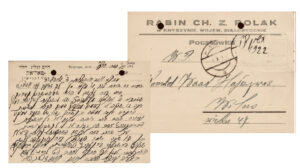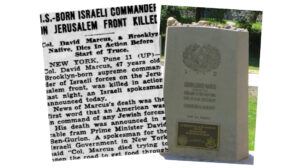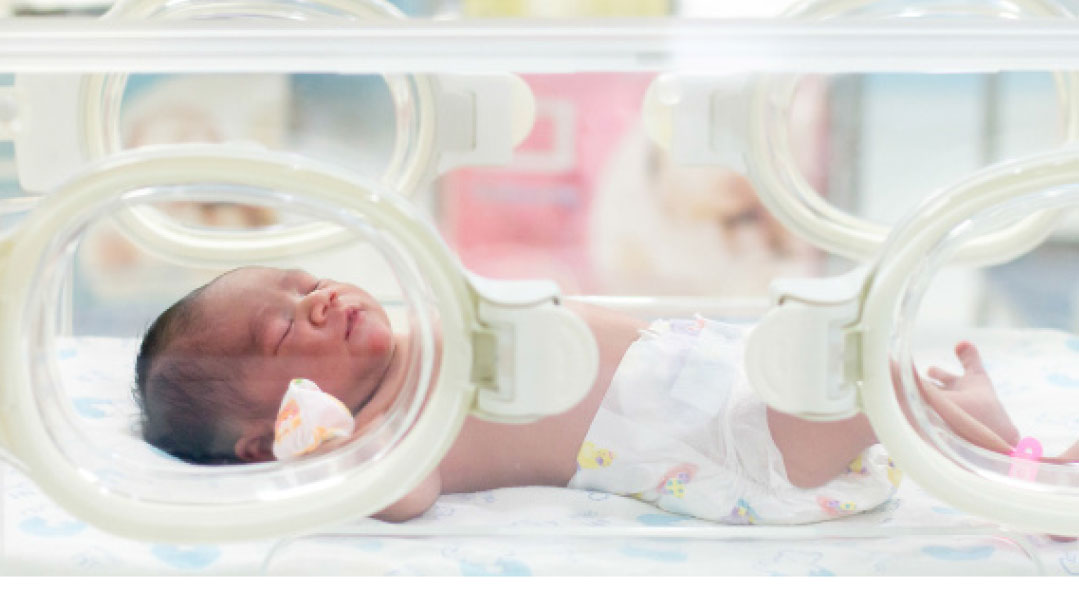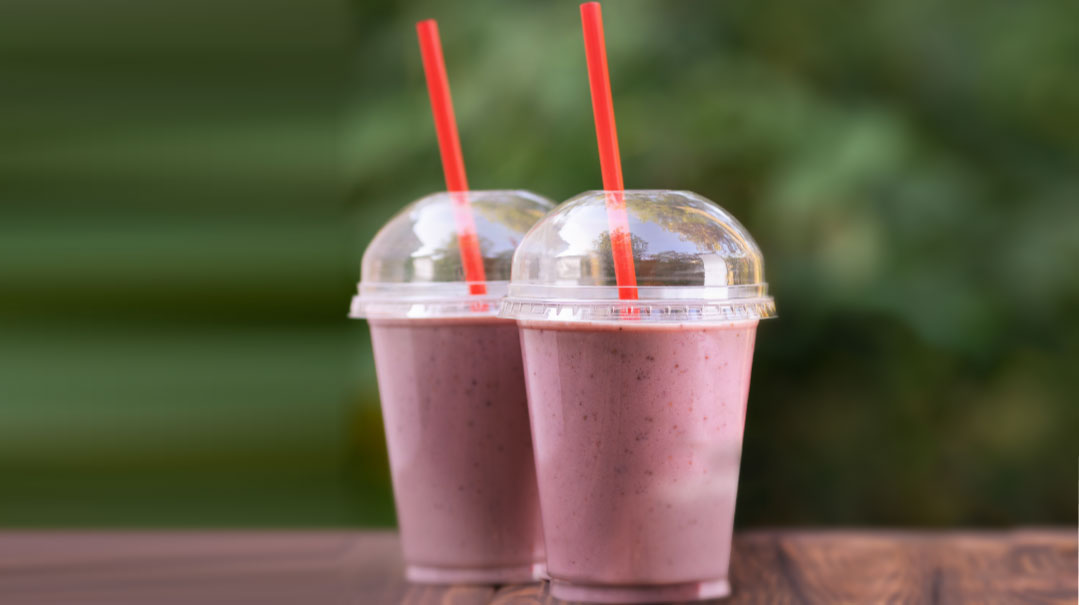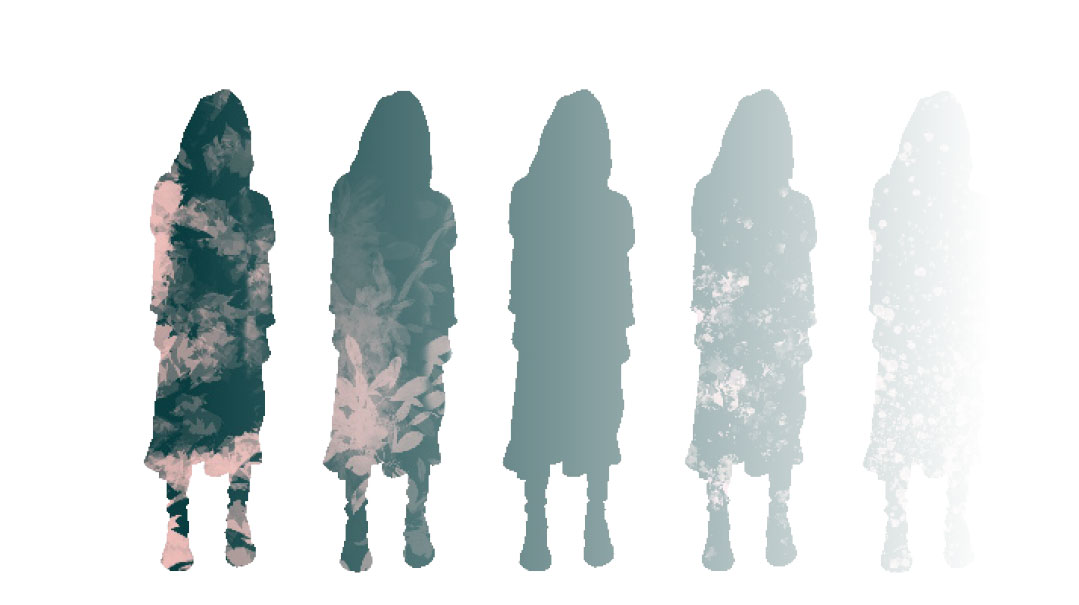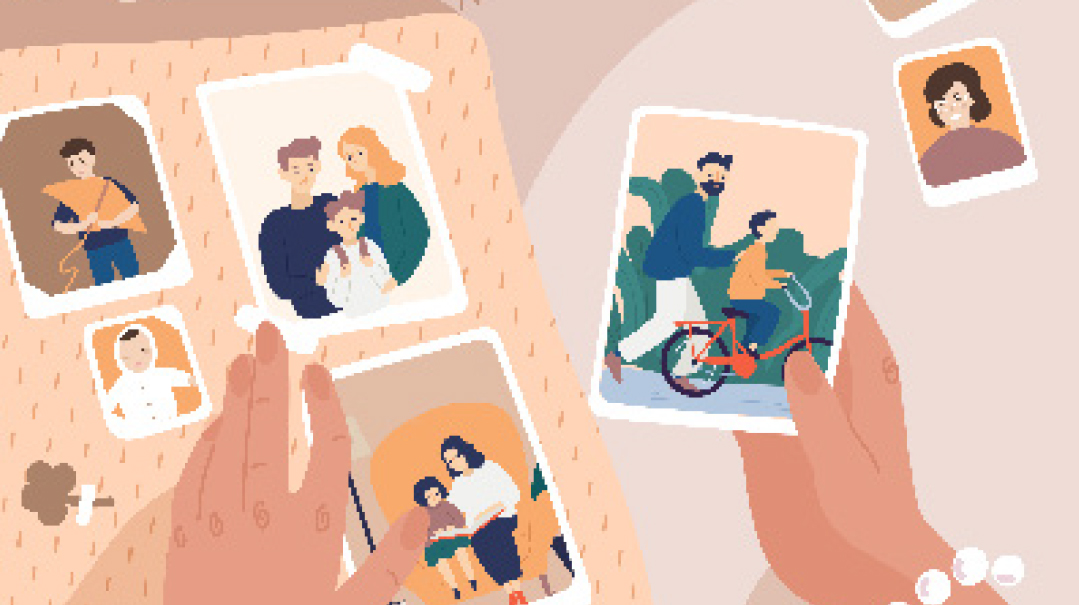Sacrifice

This was a viper, slowly slithering, evil, horror, mouth suddenly gaping, fangs exposed. The mouth of hell. The human mind found it hard to grasp
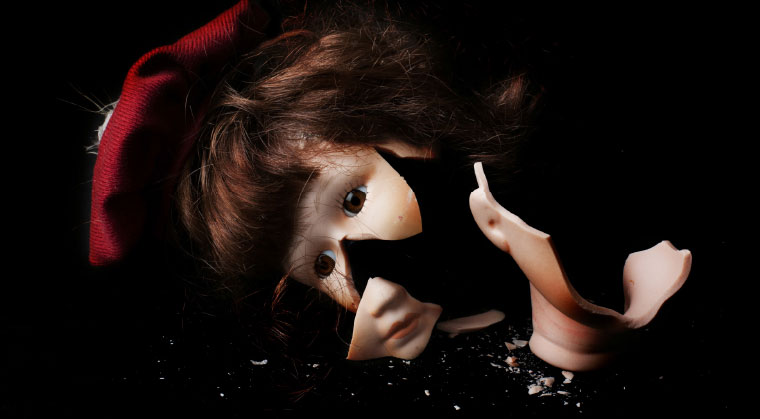
I’m sitting at the familiar wooden table in the warm kitchen, late at night. Zeida sits at the head of the table, I at his side. Zeida’s eyes glow with life and memory. The radiator puffs coziness. I take a sip of tea, and pull my chair closer. We are deep into the past.
“There was a woman,” Zeida says, “who killed her child.”
I stare at Zeida over the top of my glasses. I have no questions; I wait to hear. Anything is possible in the mouth of hell.
Zeida strokes his beard and leans back. “There was a little girl, a beautiful little girl, named Estushe… Esther….”
That night, I dreamed I had a baby girl. I wanted nothing more than to hold her, but I could not find her. I searched and searched, the pit in my stomach swallowing me with black terror. I needed her. Where was she?
I woke up, panting with horror. It took a while to realize it was a dream. And even then, my mind continued.
Someone had given her away. I went to find her. She didn’t know me, didn’t want me.
Lying there, curled up in bed, my life ended. Frozen in an explosion of tears.
It’s a dream, stop it, it’s a dream. Stop.
But all I could do was think of Estushe.
Dark curls, bright brown eyes looking everywhere, deep dimples that laughed in the sunshine.
She sits in her carriage, holding on with chubby fists, right here in front of me. Yes, I know Estushe.
Her name is Esther.
Eshtushe, Mirel cooed, twisting the delightful nickname around her palate like a soft cinnamon roll, sweet and light and rich and oozing with pure deliciousness.
The baby gurgled and giggled, lighting up the dim room with her bright eyes.
Nothing is too good for Estushe. You see that fancy carriage that she sits in? It’s no wonder that Mirel pushes it with such pride. You see those brass fittings, the quality of the workmanship? It cost 200 zlotys. A small fortune.
Lazer and Mirel had planned that carriage. After long years of waiting, could there be any joy greater then splurging for this beautiful child? They had sent away to Germany, had this special stroller imported.
“Only the best for our Estushe,” Mirel had beamed. Lazer grinned back, a soft peace ballooning in his belly. They were almost giddy, like children. Estushe gurgled. Ah, the joy of life… they had not known this before.
You see Mirel there, pushing the carriage down the street? I know it’s hard to take your eyes off her beaming face. But look down at Estushe, down past her sparkling brown eyes and dimples. You see how she is dressed? You see the bright colors, the ruffles sewn with care? You see how clean and starched her little dress is, without the benefit of a washer or dryer?
“Only the best for our Estushe,” Mirel says, beaming, gladly paying the dressmaker. On wash day, she carefully oversees Anna the maid, making sure the tiny clothes are fit for a princess.
Look at them, strolling through the street, laughing and talking to each other in a language only they understand. They walk through a picture book, golden-touched by the sun.
That’s Estushe. That’s Mirel and Estushe. Joy. Pure joy.
Froyim
We had planned carefully before the second akzion. We knew the end was coming.
The plan was to hide in an underground bunker, with about 50 other people.
Death crept in. My parents and sisters hid.
And yet Friday night, my brother and I stayed home, with the candles and the warmth and the chicken soup and our Zeida, loath to leave the circle of life for the universe of death that waited outside. It took a return trip by my older sister Utchu, screaming at us to get out, to finally make us move.
We left the light. We left life. We left Zeida. My sister and brother made it to the bunker. I got caught. By the mercy of G-d and a miracle, I managed to get to Dr. Mikolajko, the kind Pole I worked for. I was safe, for the moment. My family hid, dark underground, with 50 Jews, among them Estushe and her mother.
The slaughter was over. Our friends and neighbors had disappeared forever, into the black hole of the east. I slipped back into the ghetto, mingling with those who had been allowed by the Germans to stay alive as workers, and all those who had been in hiding in their own little holes.
We heard stories, all the stories, of horrors that made your skin prickle and the hair on your arms stand on end. This was a viper, slowly slithering, evil, horror, mouth suddenly gaping, fangs exposed.
The mouth of hell. The human mind found it hard to grasp.
Oops! We could not locate your form.

